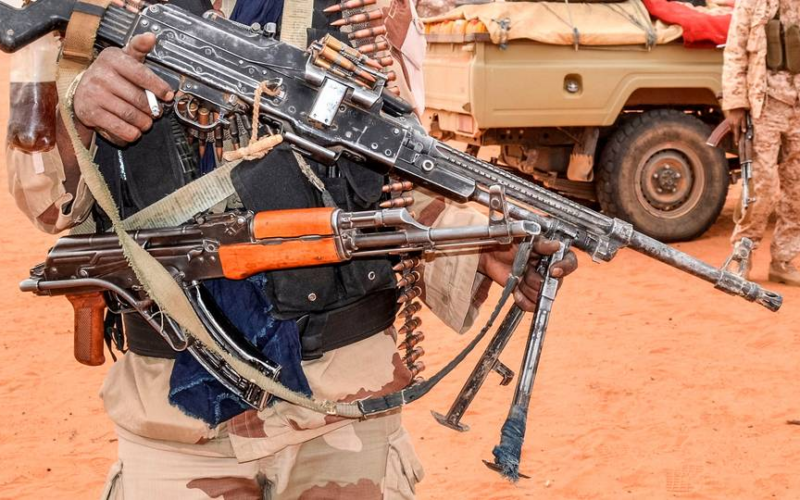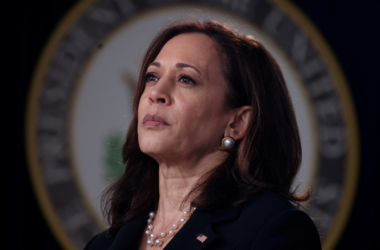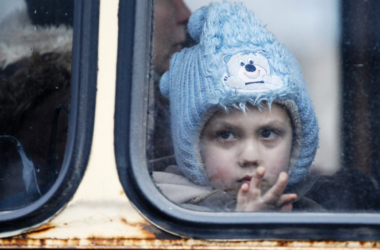Unidentified armed men killed approximately 40 people in a violent assault on Djiguibombo village in central Mali, according to local officials. The attack took place on Monday in the Mopti region, an area troubled by al-Qaeda and ISIL (ISIS)-linked groups.
Moulaye Guindo, the mayor of Bankass town, described the incident as a severe assault where “armed men surrounded the village and shot at people.” Though he did not provide an exact death toll, two local officials estimated that around 40 people were killed.
“It was carnage,” said one official. “They surrounded the village where there was a wedding … There was panic, some people managed to flee, but many were killed, most of them men.” A youth representative from the area informed AFP that the attack began before nightfall and lasted about three hours. Many residents fled to Bandiagara town, while those who stayed were unable to bury the dead properly.
The attackers have not been identified, and no group has claimed responsibility. Central Mali has experienced persistent violence from groups associated with al-Qaeda and ISIL since 2015. The conflict, which initially began in the north, extended to central Mali with the rise of Katiba Macina, an al-Qaeda affiliate led by Fulani preacher Amadou Kouffa
Mali has been in turmoil since a 2020 coup brought a military government to power, which promised to address the rising insecurity. Despite these promises, attacks have continued unabated. The military regime has faced accusations of human rights abuses from international organizations.
In December, the United Nations Multidimensional Integrated Stabilization Mission in Mali (MINUSMA) concluded its decade-long deployment, following a pullout ordered by Mali’s military government. This withdrawal marked a significant shift in Mali’s international relations, as the military rulers have distanced themselves from France and European allies, favoring closer political and military ties with Russia.
The situation in central Mali remains dire, with ongoing violence affecting the stability and security of the region, making effective governance and peace efforts increasingly challenging.








